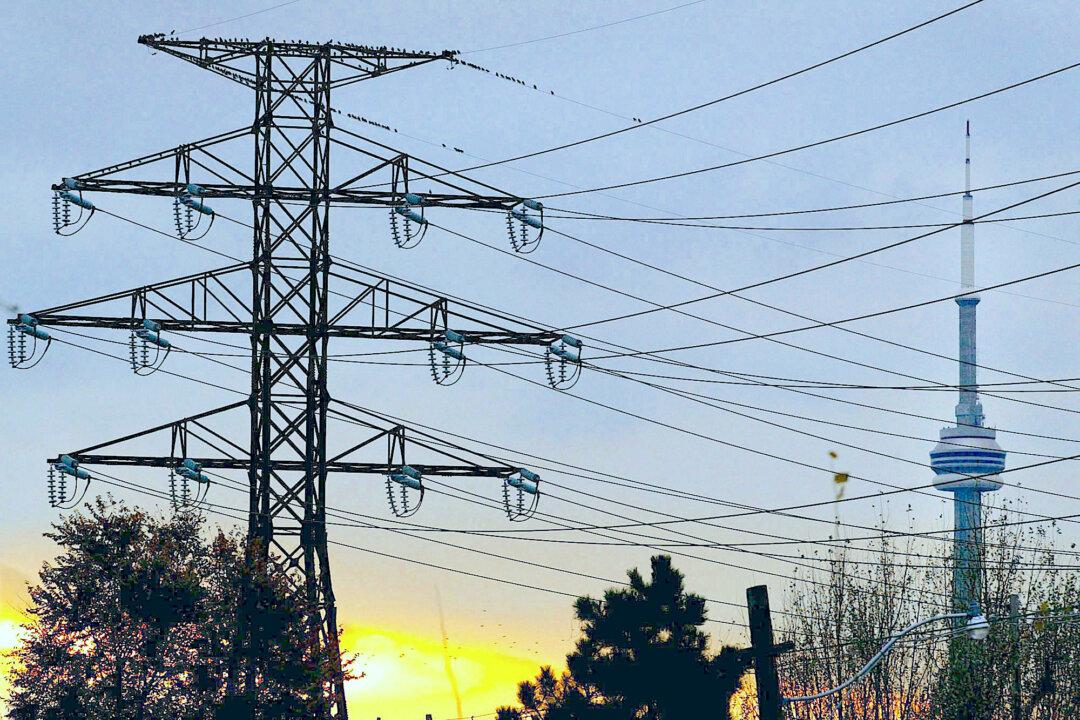Ontario is torn between meeting the provincial demand for electricity and a desire to wean itself from fossil fuels.
The province’s Crown corporation responsible for the operation of the electrical system has said that more natural gas generation will be needed in the near term to bridge the gap during the transition and that phasing this out by 2030 would cause rotating blackouts and higher consumer costs.





